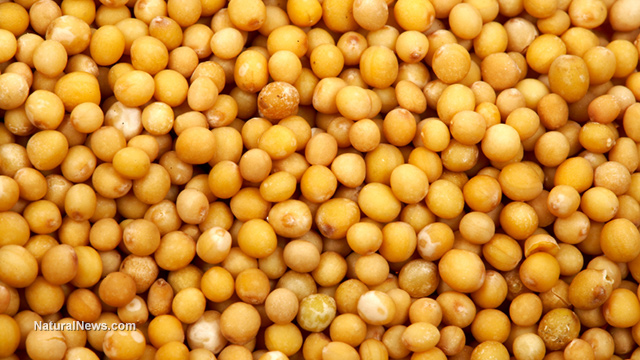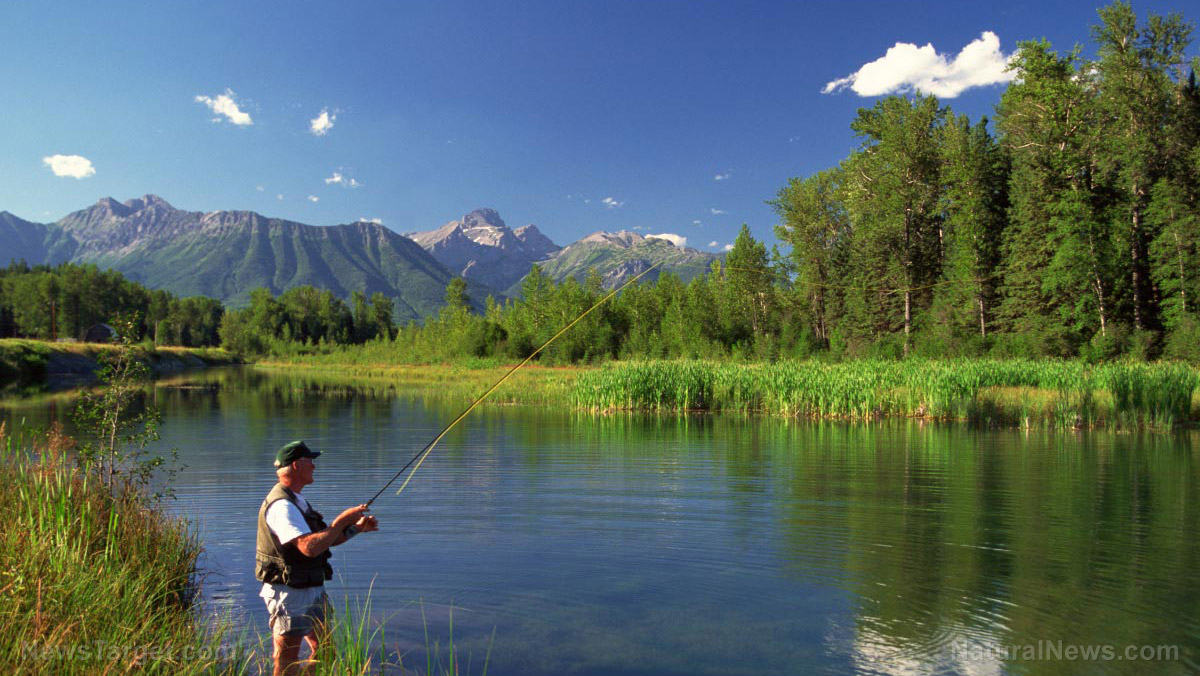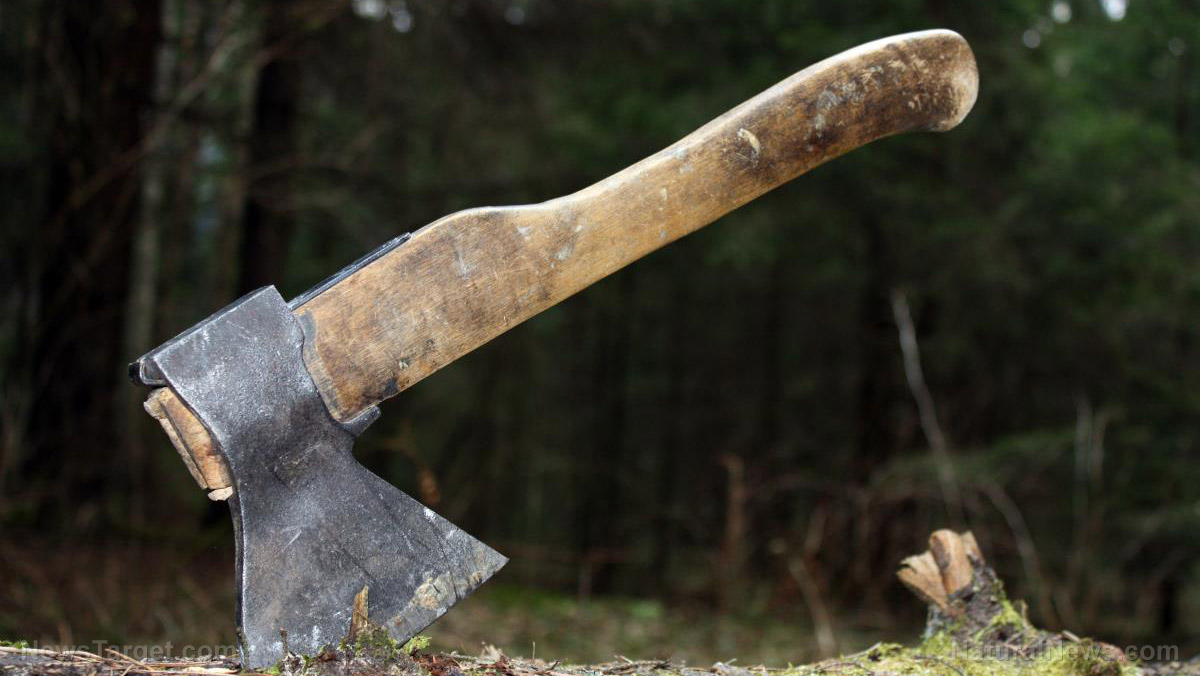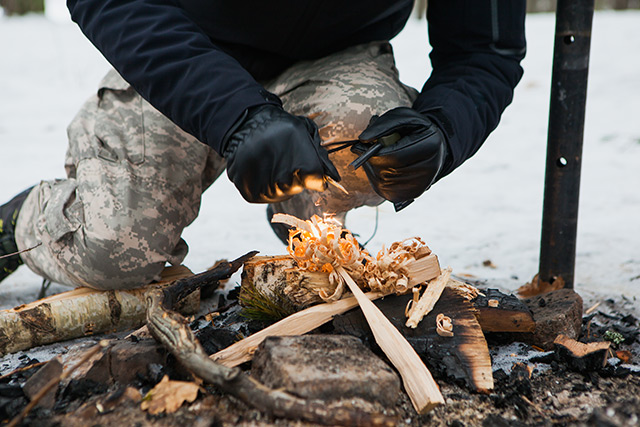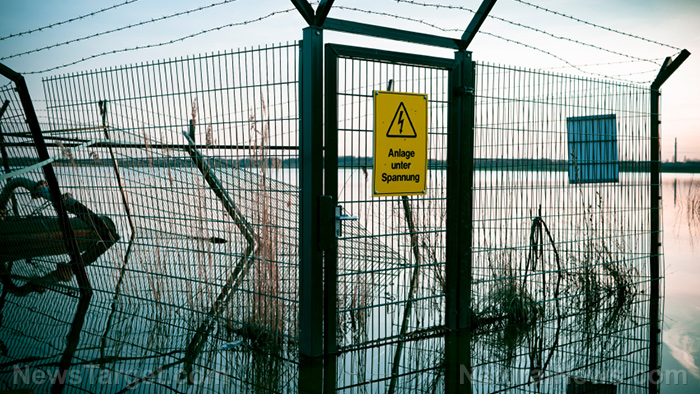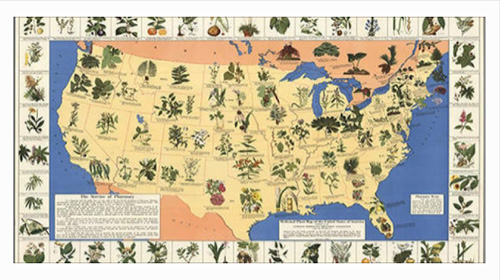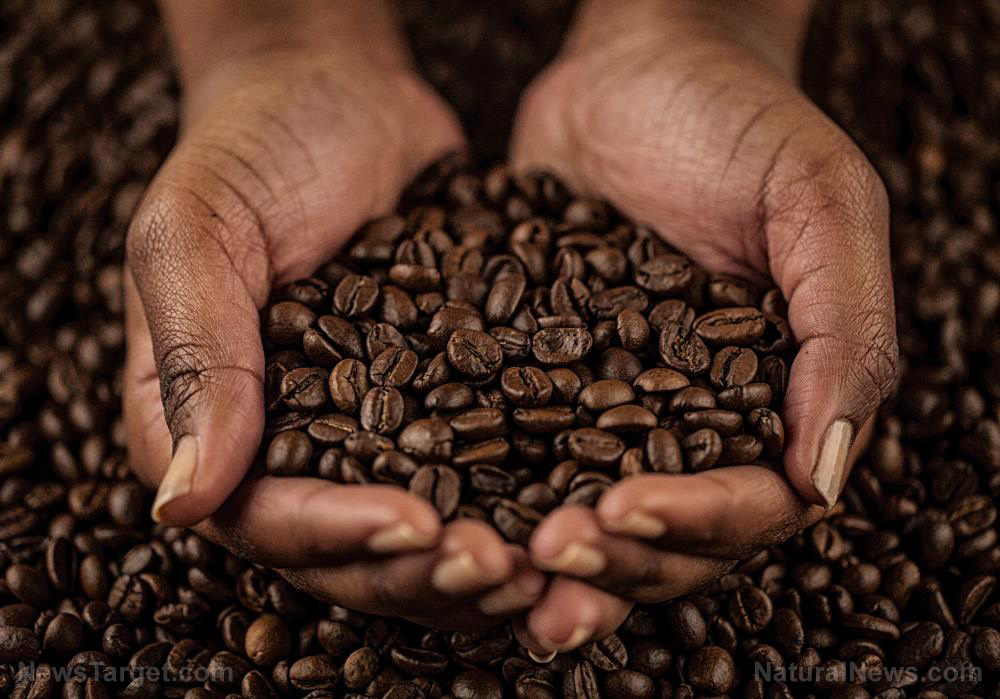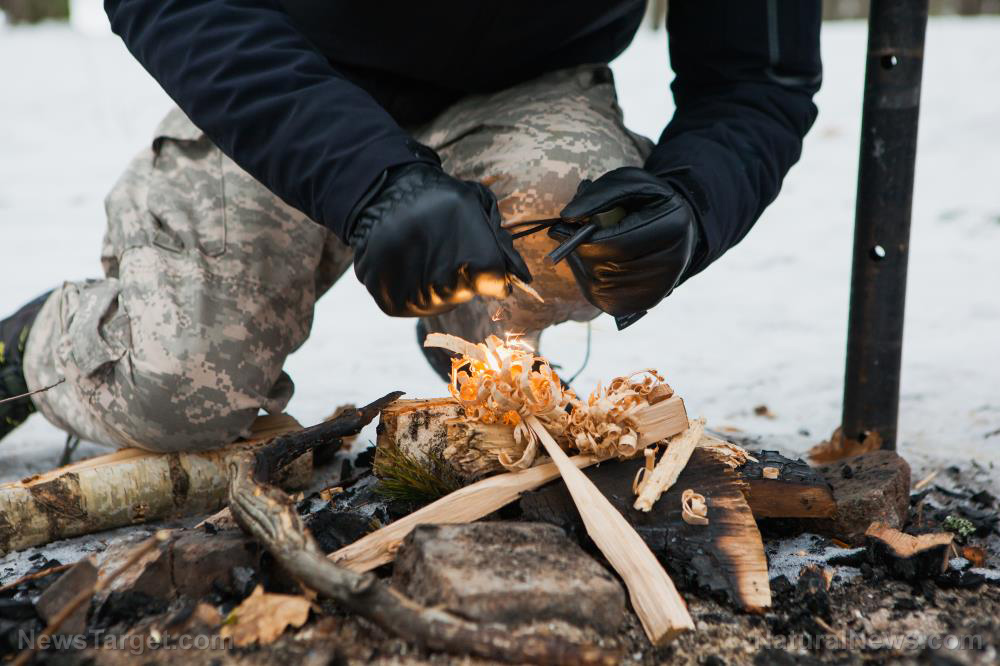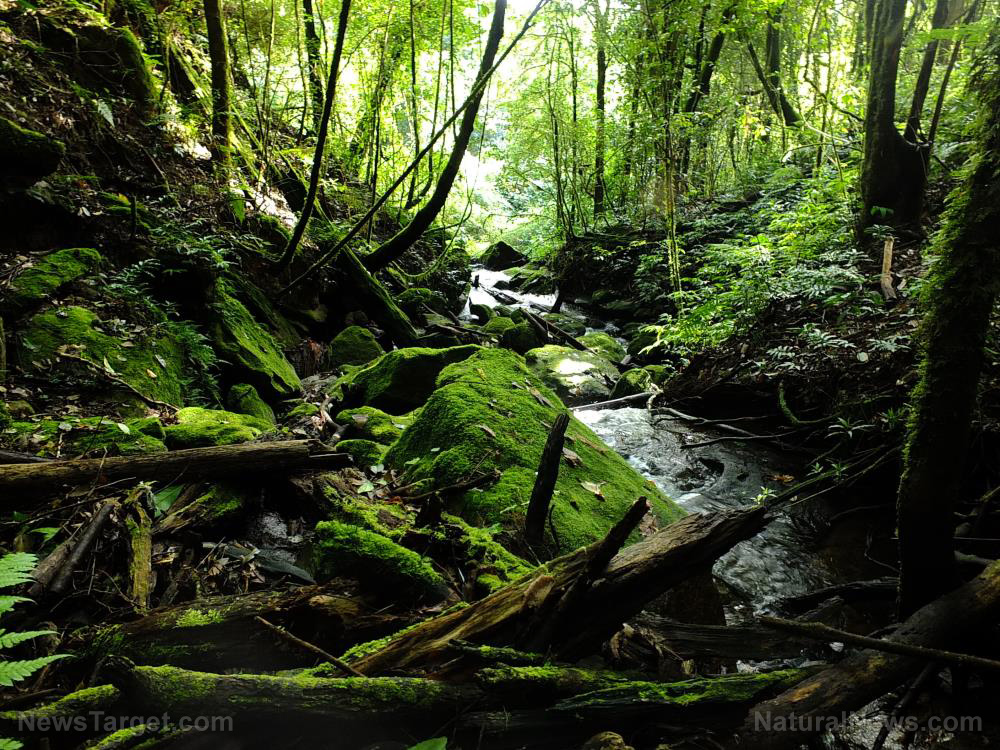Don’t make these 10 mistakes when deciding to live in rural areas
10/22/2018 / By Edsel Cook
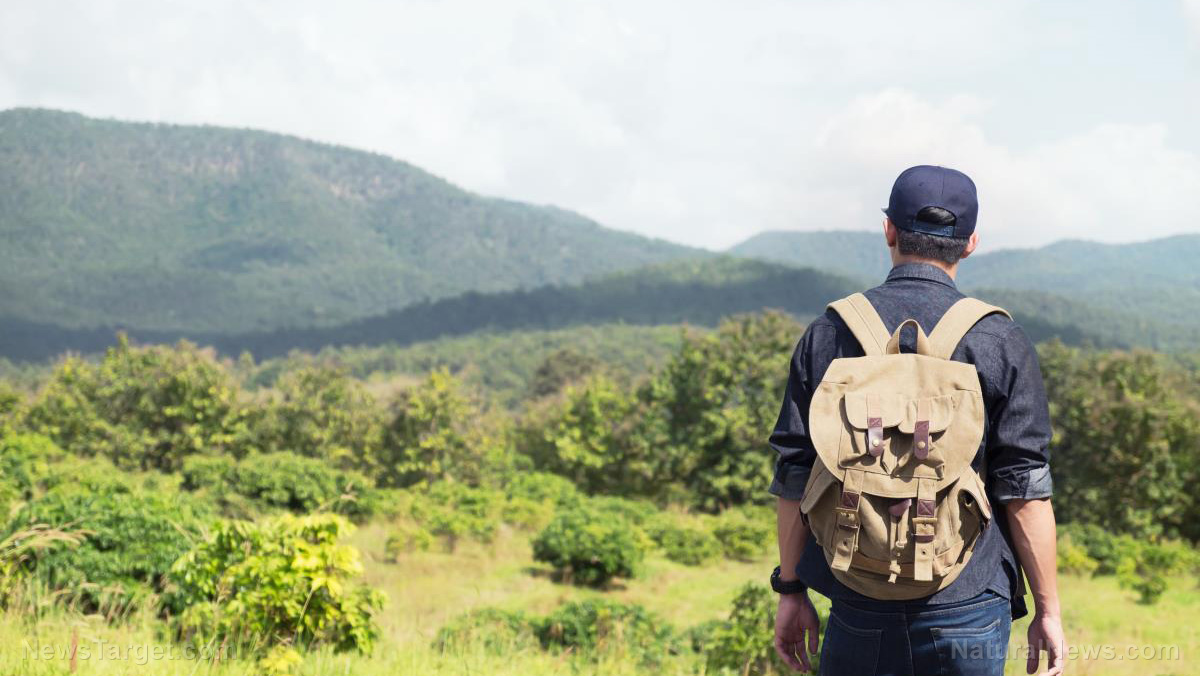
Residents of rural areas have it easier than urban preppers. Townfolk, homesteaders, and people who live off-grid generally have the right skills to survive on their own. However, an article in Survivopedia brings up serious concerns that could compromise your ability to survive in the countryside.
Ensuring the health of your livestock and crops
You will rely upon your livestock to survive. Each animal has certain nutritional needs. Many of these needs are currently served by modern antibiotics and supplements that will no longer be available once SHTF.
Find out the specific nutrients for each animal you keep. See if you can replace these supplements with something you can find or make.
Ensure the genetic diversity of future generations of your livestock and your plants. For animals, you must have multiple males and females, each from a different blood line.
For plants, always use heirloom seeds. Try to get them from different places. Store as many of them as you can.
Avoid hybrid seeds and plants that are infertile. Plant and grow just one strain per species of food plant to prevent crossbreeding.
Find out if there are wild plants or crops grown by other survivors nearby that might be able to crossbreed with your crop. Pollen from these genetic threats could be carried by bees or wind. (Related: Important things to consider when building your new homestead.)
Managing the soil and the wildlife
In addition to caring for the health of your animals and crops, you have to take care of your environment. You have to preserve the fertility of the soil you use for farming.
Find out the properties of your local soil, as well as the nutrients it lacks. Get natural replacements for the chemical fertilizers and soil conditioners that will one day run out. Animal bones make for good compost. Meanwhile, eggshells are good for conditioning the soil.
If you plan to hunt or fish for food, you need to manage the populations of local wildlife. You cannot let their numbers dwindle.
Keep track of how many game animals are present. Catch or hunt only what you need. Make sure that the local herd is genetically diverse.
Stop outsiders from overhunting or overfishing. If there are any sources of pollution nearby, drive the animals away from these unhealthy places.
Do the same for local resources. Prevent excessive logging or mining that will damage the local habitat.
Protecting your health and safety
Unless you have a pump system to clean your septic tank or leach field, they will eventually clog up. Reduce the burden on these septic systems by growing microorganisms that can destroy sludge, building outdoor plumbing, creating temporary sanitation options, and building composting toilets.
To treat ailments and injuries, pick up natural ways of healing. Do not turn to pharmaceutical drugs made with artificial chemicals that have many negative side effects. Instead, grow medicinal herbs that work just as well.
Farming equipment and vehicles will require fuel. You must convert them to run on natural gas or biodiesel, build yourself a means of turning plants or animal waste into renewable fuel, and amass the raw materials for it.
Or you can look for alternative tools and vehicles that do not need fuel. Instead of traveling by truck, ride a horse or build a cart that can be pulled by animals.
Last but not least, you need to have a bug-out plan in case you need to evacuate to another area. Prepare a bug-out bag with maps, a radio, and a means of transport.
If you want to pick up more tips to make a self-sufficient homestead in the countryside, visit Homesteading.news.
Sources include:
Tagged Under: bug out, countryside, farming, green living, Homestead, homesteading, livestock, off grid, Off-the-grid living, preparedness, prepper, prepping, rural life, rural living, survival, sustainable living



